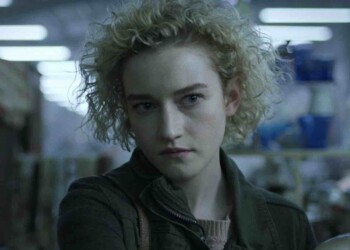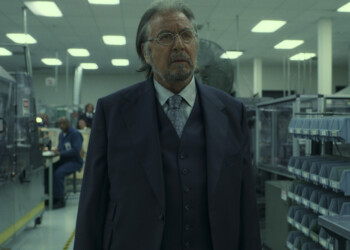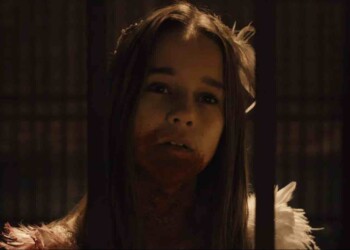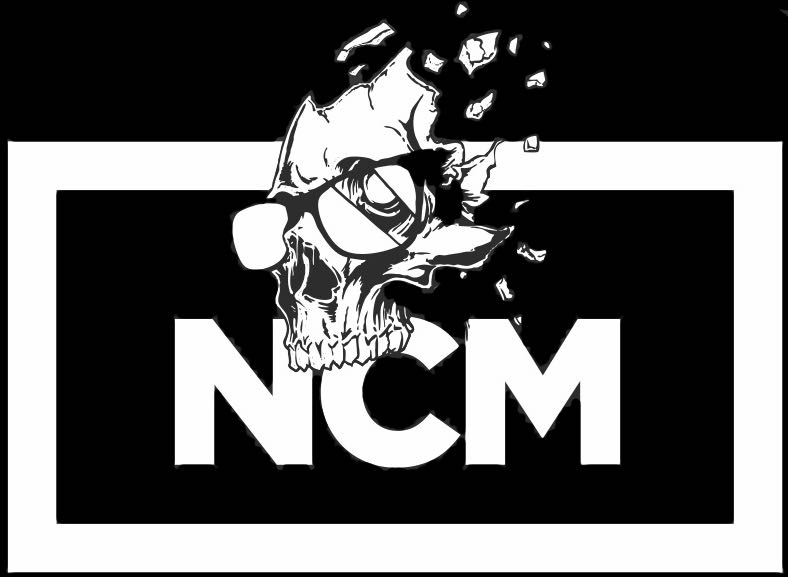Here’s our review for the new “Black Widow” film as Scarlett Johansson finally gets a solo film all to herself even if co-stars kind of steal the show….
By Damon Martin — Editor/Lead Writer
It’s hard to imagine that Scarlett Johansson was first introduced to the Marvel Cinematic Universe all the way back in 2010 when she appeared as Natasha Romanoff aka Black Widow in “Iron Man 2.”
Her introduction was ultimately just a blip (no pun intended) to the overall impact that Johansson would have through her character as Black Widow became a staple in all of “The Avengers” movies starting with the first in 2012 all the way through to “Avengers: Endgame” in 2019.
Johansson also served a huge role in “Captain America: Winter Soldier” as well as “Captain America: Civil War” as she was in many ways the glue that held together the Avengers team through so many movies.
Unfortunately for as great as Johansson was as a former Russian super spy turned American asset, Marvel never gave her the chance to shine in a solo film until now.
Following more than a year of waiting due to the coronavirus pandemic, “Black Widow” finally lands in theaters this week with Johansson taking center stage with an origin story of sorts for her character Natasha Romanoff as well as welcoming a number of her “family” members that includes David Harbour, Rachel Weisz and her scene-stealing co-star Florence Pugh.
The film takes place after the events of “Captain America: Civil War,” which is when the Avengers were split apart into two different factions with many members of the team forced to go on the run as fugitives. That included Agent Romanoff and that’s where this story largely takes place while also delving much deeper into her actual backstory that started with her as a member of a covert group of Russian-trained assassins before eventually defecting to the United States where she joined up with S.H.I.E.L.D.
It’s a truly fun look back at one of the MCU’s most memorable characters, although there’s no way to ignore the biggest problem with this film — Marvel should have given Johansson her own starring vehicle five years ago when she was fresh off “Captain America: Civil War.” The fact that it took four more years (the film was supposed to be out in 2020) and the death of her character in “Avengers: Endgame” to finally get around to this movie might be one of the few mistakes Kevin Feige has made in his time as the most prolific and probably beloved producer in the entire film industry.
Regardless, “Black Widow” triumphs in just about every way possible while reminding the movie watching world what is so fun about going to the movies to see a massive blockbuster like this one.
With that said, let’s get to our full review for “Black Widow,” which is in theaters everyone as of Friday, July 9…
PLOT

After choosing sides in the battle between Steve Rogers and Tony Stark that splintered the Avengers in half, Natasha Romanoff is living off the grid, trying to stay out of prison and away from General “Thunderbolt” Ross, who is actively pursuing her following the events in “Captain America: Civil War.”
While Natasha’s only real goal is to avoid being captured, she quickly gets pulled back into the public spotlight after receiving a package from her former safehouse in Budapest that comes along with an assassin on the trail of one of the items sent to her.
It doesn’t take Natasha long to figure out that she’s being drawn back into her former life where she was a conditioned killer, trained by Russian operatives who stole away her childhood and indoctrinated her into a secret society of soldiers.
That eventually leads Natasha to a reunion with her former family, who much like the Avengers have splintered into different corners all over the world, as she seeks to bring down the organization who made her once and for all.
ACTING, DIRECTING AND SCRIPT
It’s no secret that Scarlett Johansson is a huge star and one of the best actresses in Hollywood and that’s only further solidified by her performance in “Black Widow.” Johansson really embodies the character of Natasha Romanoff and from the sly humor she shares in numerous exchanges with her co-stars throughout this film to the action beats that consumes lot of time in every Marvel movie, she shines in everything she does.
But as it turns out Johansson wasn’t the show stealer in “Black Widow” — that honor instead goes to her co-star Florence Pugh, who portrays her sister Yeleno Belova.
Of course Pugh has already been nominated for an Oscar so there’s no surprise that she’s a great addition to the film but she really transforms into an action star with her performance in “Black Widow.” She not only stands toe-to-toe alongside Johansson every step of the way but there’s so much time spent with her character that Pugh might just become an equally integral part of the Marvel Cinematic Universe moving forward.
In addition to Pugh’s performance, David Harbour is reliably great as always except this time he’s added a Russian accent to his repertoire and he’s charming as well as hilarious in the movie. The same goes for Rachel Weisz, who doesn’t get to chew as much scenery in this film but still more than holds her own.
As far as the script goes, the story is compelling while following a certain Marvel formula that has allowed the Disney owned company to stay on top of the comic book movie making business while crushing counterparts like those from DC.
It’s easy to see Feige’s guiding hand on this project while still managing to give the writers and director Cate Shortland enough creativity to have some fun with this movie.
As great as the action is throughout the movie, a special nod goes to the dialogue shared between the characters because there is real heart and emotion shared between this dysfunctional family that includes Johansson and company. And the chemistry shared with Pugh is undeniable, which adds a whole different level of authenticity to sibling dynamic when sparring with Johansson.

WHAT’S WRONG WITH THE MOVIE?
There’s really only two major issues with “Black Widow” and one is really just a minor complaint.
Ray Winstone — who is often the “hey I know that guy” in so many roles he plays — does a solid enough job as the primary villain in the movie but he also doesn’t get enough screen time to truly feel all that menacing. It’s not to say his performance isn’t effective because Winstone is a phenomenal actor in his own right but it would have been nice to see him get a little more time to build up his character before squaring off with Johansson and company.
Of course, the entire journey of the film centers around Natasha Romanoff and her past as a Russian operative but it just would have been nice to give Winstone some more room to breathe as her opposition.
The other problem with “Black Widow” really comes down to timing because the movie takes place after “Captain America: Civil War” and while there’s absolutely nothing wrong with revisiting a past story in the present, it really feels like this is Marvel apologizing to Johansson for not doing this sooner.
The reality is Black Widow was a character worthy of a solo film several years ago but for some unknown reason it took until now for Johansson to finally get that chance to shine under her own spotlight. None of that ruins the fun of this film but Marvel really should be made the feel the brunt of a bad decision not to give Johansson this movie a few years ago with time for her to lead a sequel or two before we ever arrived at “Avengers: Endgame.”
Marvel has made very few mistakes in more than a decade ruling over the box office but this was arguably the most egregious of them all.
FINAL VERDICT
“Black Widow” is every bit a summer blockbuster and this is a film that needs to be seen on the big screen. The story is fun but also filled with plenty of emotional baggage thanks to the excellent origin story that re-introduces Natasha Romanoff to the world. Florence Pugh definitely steals the show and here’s hoping she’ll be a stalwart of the Marvel Cinematic Universe moving forward because she’s just that good in this movie.
Overall, “Black Widow” gets four out of five on the Skolnick Scale:








